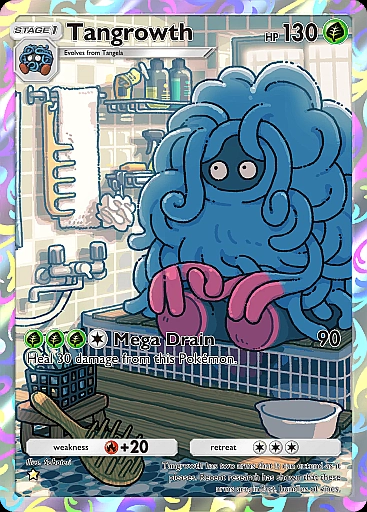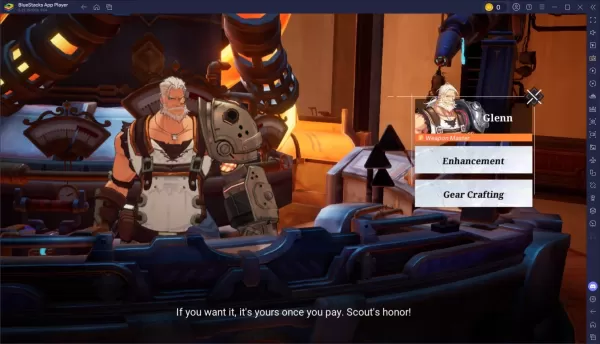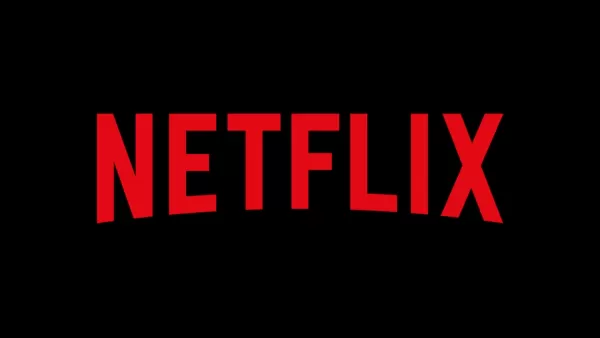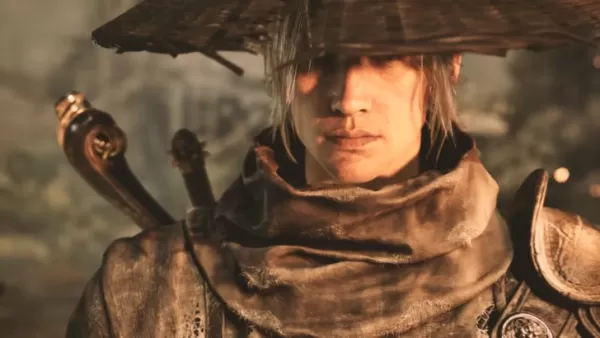Home > News > NetEase Founder Reportedly Almost Canceled Marvel Rivals Because it Didn't Use Original IP
NetEase Founder Reportedly Almost Canceled Marvel Rivals Because it Didn't Use Original IP
- By Leo
- Feb 22,2025
NetEase's Marvel Rivals, a resounding success with ten million players in its first three days, has generated millions for the developer. However, a recent Bloomberg report reveals that NetEase CEO William Ding nearly canceled the game due to reservations about using licensed IP.
This report highlights NetEase's current restructuring: Ding is reducing staff, closing studios, and scaling back overseas investments to create a more focused portfolio, countering recent growth stagnation and competing with Tencent and MiHoYo.
The near-cancellation of Marvel Rivals, according to Bloomberg sources, stemmed from Ding's reluctance to pay licensing fees for Marvel characters. He reportedly attempted to convince artists to use original character designs instead. This near-miss reportedly cost NetEase millions, yet the game launched and achieved remarkable success.
Despite this success, the restructuring continues. The recent layoff of the Marvel Rivals Seattle team, attributed to "organizational reasons" by NetEase, exemplifies this trend. Over the past year, Ding has halted investment in foreign projects, reversing previous substantial investments in studios like Bungie, Devolver Digital, and Blizzard Entertainment. The report indicates Ding's belief that games failing to generate hundreds of millions annually are not worthwhile, although a NetEase spokesperson denied the existence of "arbitrary blanket numbers" for evaluating game viability.
Internal challenges at NetEase, according to Bloomberg's sources, are linked to Ding's leadership style, characterized by rapid decision-making, frequent changes of mind, pressure on employees to work excessive hours, and the appointment of recent graduates to significant leadership positions. The frequency of project cancellations is reportedly so high that NetEase may not release any new games in China next year.
NetEase's retreat from game investments coincides with ongoing instability in the global gaming industry, particularly in Western markets. Recent years have witnessed widespread layoffs, cancellations, and studio closures, alongside the underperformance of several high-budget, high-profile games.
Latest News
more >-

-

- Atlan Crystal: Boost Gear Quality Guide
- Dec 25,2025
-

- The Witcher 3 Mod Support Patch Pushed to 2026
- Dec 25,2025
-

- Unraveling R.E.P.O.: What the Title Means
- Dec 25,2025
-

- Netflix 2025 Subscription Prices Unveiled
- Dec 25,2025



